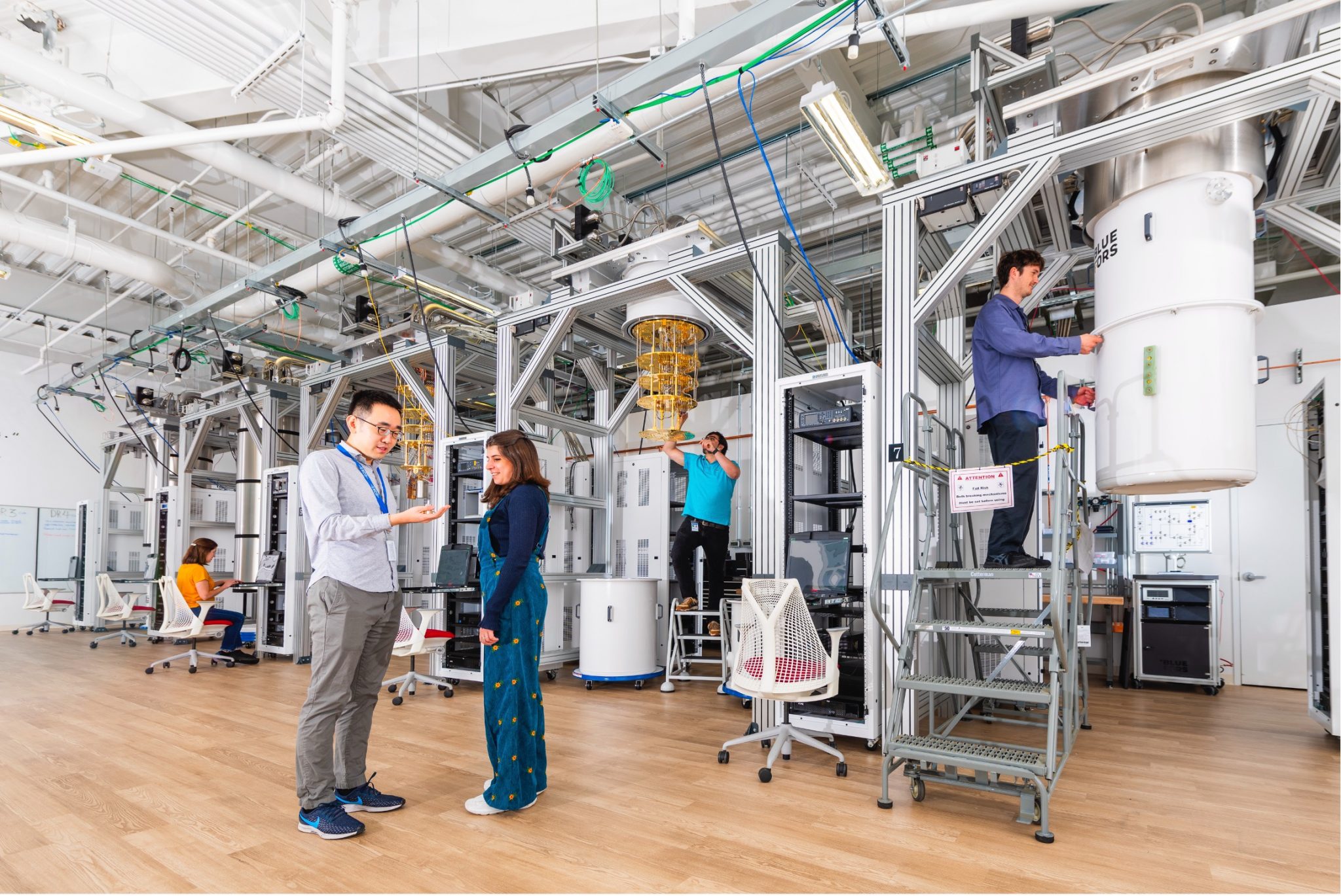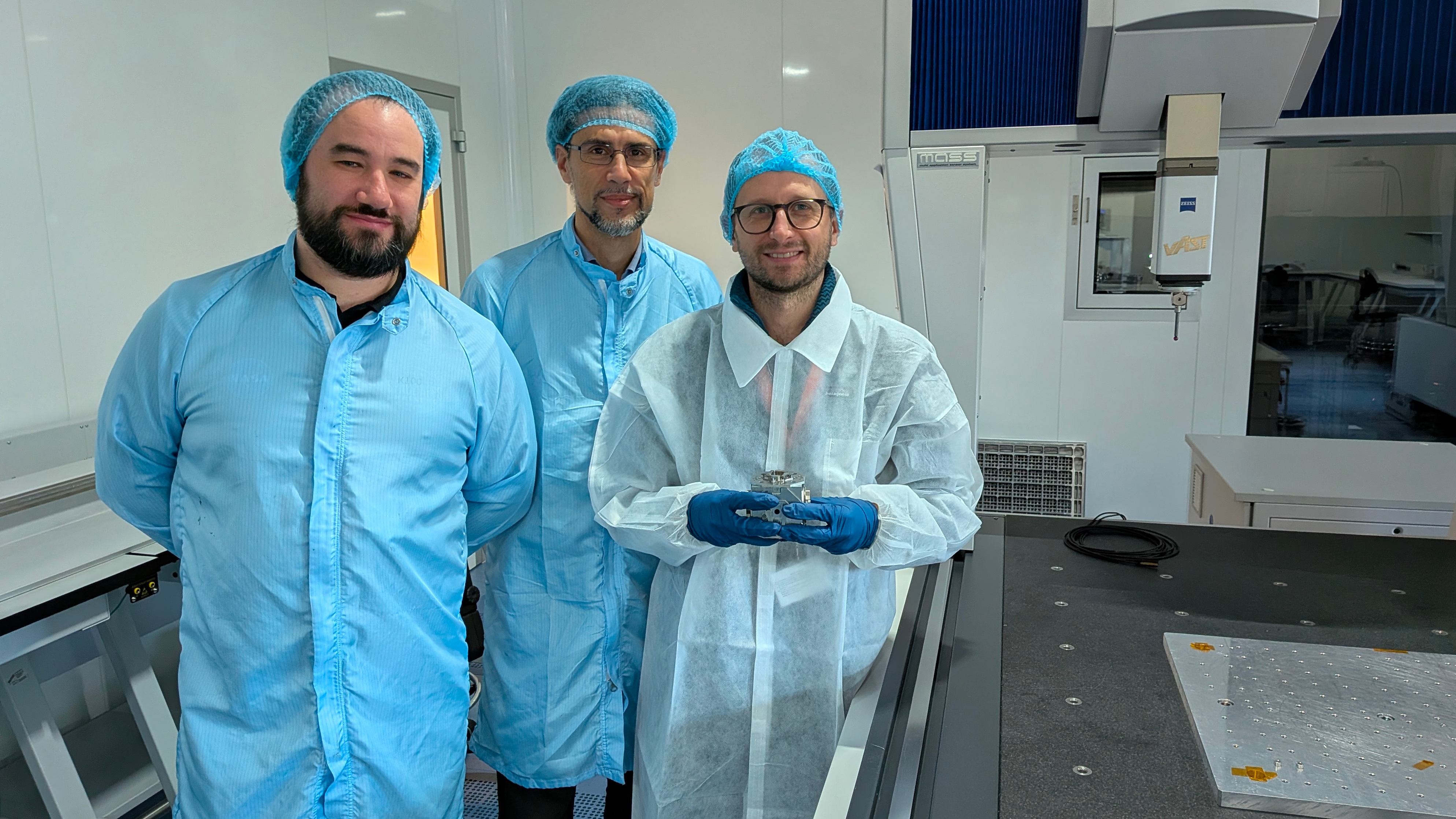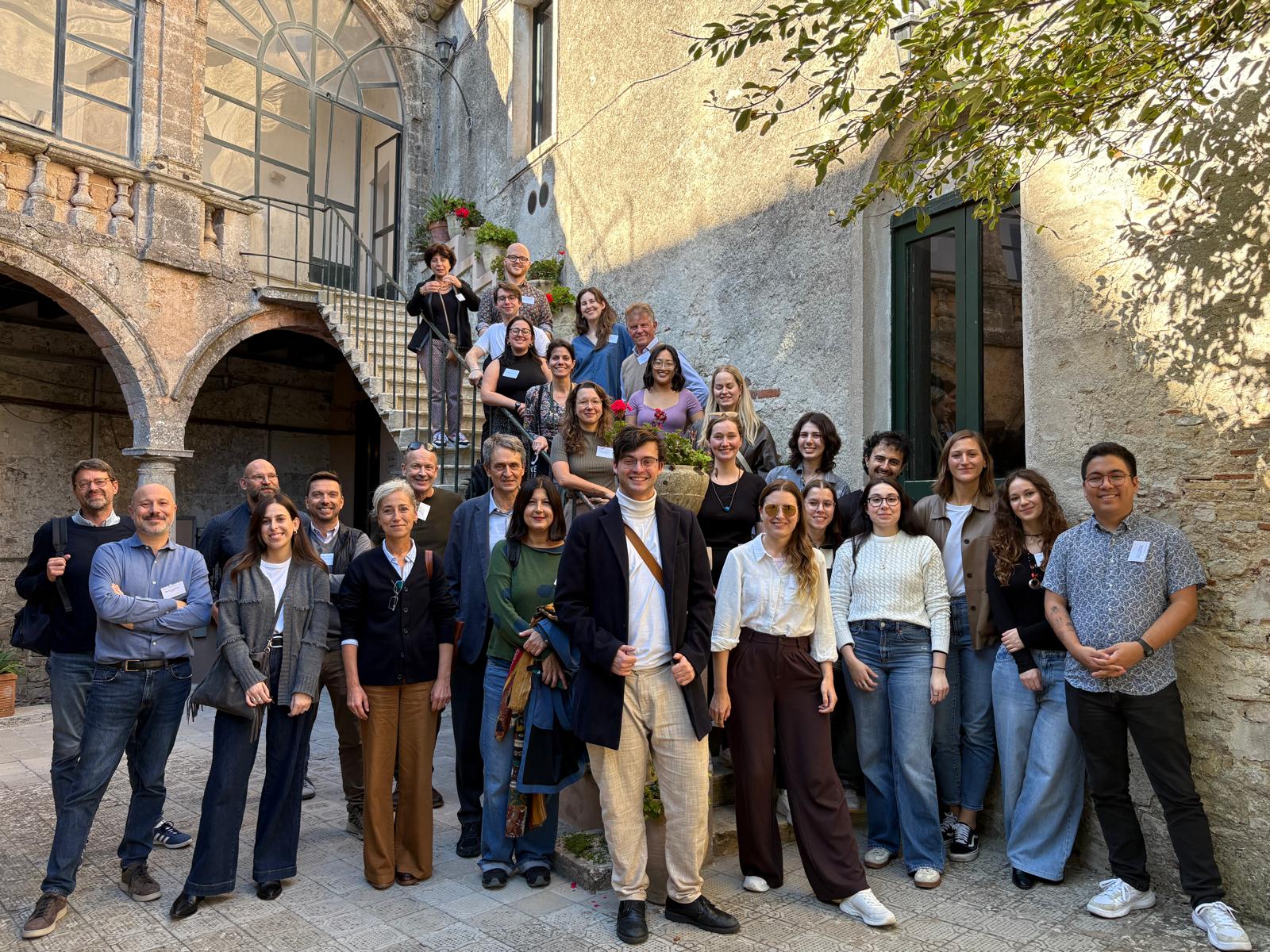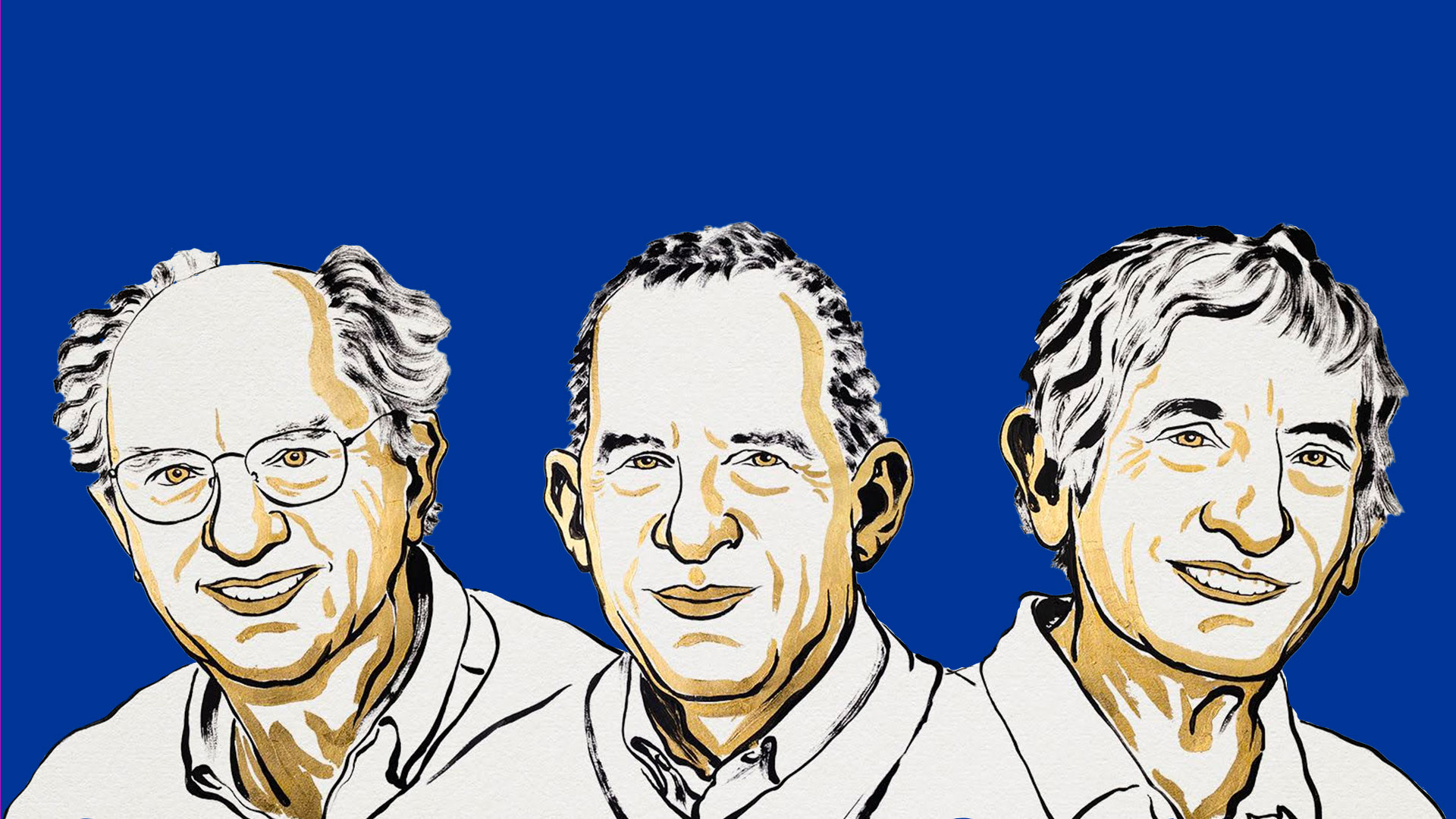 The European Research Council (ERC) has awarded two of its Consolidator Grants to two researchers at the Italian Institute for Nuclear Physics (INFN). The grants, designed to support excellent European research teams, have been awarded to Piero Giubilato, researcher at the Padua division of the INFN and Padua University, and Alessandro Bacchetta, from the INFN’s division in Pavia and University of Pavia. Piero Giubilato received a 1.8 million euro grant for the “iMPACT” (innovative Medical Protons Achromatic Calorimeter and Tracker) project to develop a new hadron therapy cancer treatment that uses protons. The 1.5 million euro grant awarded to Alessandro Bacchetta is for the “3DSPIN” project to study the internal structure of protons. Both research projects will last five years. “The aim of the project in Padua is to create a 3D image of the patient using protons, rather than photons, as elementary particles. Although conventional systems use the latter, these are less capable of distinguishing between the types of tissue affected by the tumour”, explained Piero Giubilato. The project in Pavia will study the distribution of quarks and gluons, the elementary particles that make up protons, in 3D rather than 1D. “Mapping a proton in 3D is an entirely different level of technical complexity and… enjoyment”, explained Alessandro Bacchetta. .
The European Research Council (ERC) has awarded two of its Consolidator Grants to two researchers at the Italian Institute for Nuclear Physics (INFN). The grants, designed to support excellent European research teams, have been awarded to Piero Giubilato, researcher at the Padua division of the INFN and Padua University, and Alessandro Bacchetta, from the INFN’s division in Pavia and University of Pavia. Piero Giubilato received a 1.8 million euro grant for the “iMPACT” (innovative Medical Protons Achromatic Calorimeter and Tracker) project to develop a new hadron therapy cancer treatment that uses protons. The 1.5 million euro grant awarded to Alessandro Bacchetta is for the “3DSPIN” project to study the internal structure of protons. Both research projects will last five years. “The aim of the project in Padua is to create a 3D image of the patient using protons, rather than photons, as elementary particles. Although conventional systems use the latter, these are less capable of distinguishing between the types of tissue affected by the tumour”, explained Piero Giubilato. The project in Pavia will study the distribution of quarks and gluons, the elementary particles that make up protons, in 3D rather than 1D. “Mapping a proton in 3D is an entirely different level of technical complexity and… enjoyment”, explained Alessandro Bacchetta. .
You might also be interested in

Quantum computing: INFN and the US SQMS laboratory renew their collaboration

Search for new physics: a possible new approach from bent crystals

Einstein Telescope: Lusatia officially enters the competition

Detecting gravitational waves from space: first steps for the LISA mission

ORIGINS. Exploring Science Communication and Journalism
